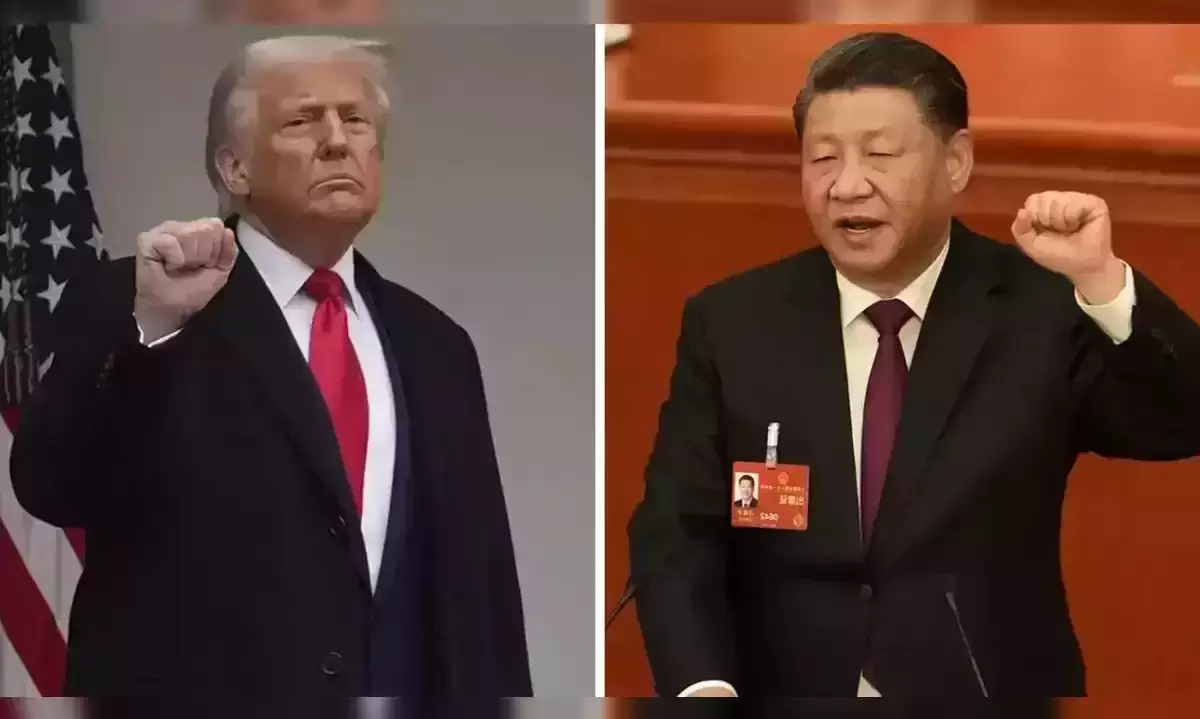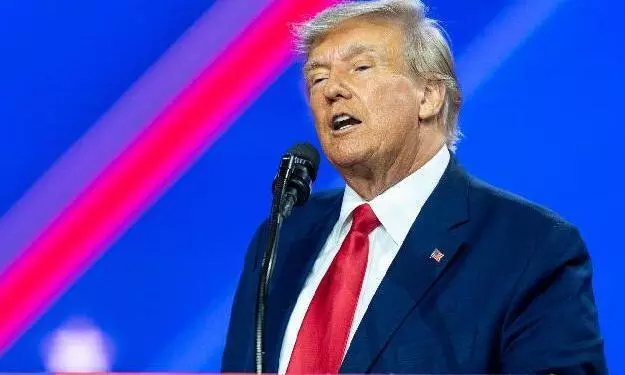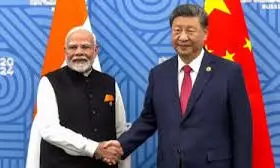
China cuts US film imports over tariffs, calls for fair dialogue
text_fieldsBeijing: In retaliation to the United States' decision to raise tariffs on China to 125%, Beijing has slashed imports of U.S. films and urged Washington to return to fair dialogue without threats. The move comes after U.S. President Donald Trump imposed hefty tariffs while pausing levies on most other countries.
The China Film Administration issued a statement saying that the U.S. government's decision to impose excessive tariffs would likely reduce the Chinese public’s favorable perception of American films. The administration stated, "We will adhere to market principles, respect audience choices, and moderately reduce the import volume of American films."
China's Commerce Ministry spokesperson, He Yongqian, reaffirmed Beijing’s openness to talks but emphasized that any dialogue must be based on mutual respect and equality. He said, "If the U.S. is bent on waging a trade war, China will fight to the end. Pressure, threats, and blackmail are not the right way to deal with China." He also urged both nations to work toward resolving their differences through dialogue, guided by mutual respect, peaceful coexistence, and win-win cooperation.
Trump’s tariff hike is set to affect more than USD 438 billion in Chinese exports, while China has imposed tariffs on 84% of USD 143 billion in U.S. exports. Earlier, Chinese Foreign Ministry spokesperson Li Jian condemned the U.S. tariff hikes, stating that Beijing would not allow Washington to use tariffs as a weapon. Li criticized the U.S. for using tariffs to pressure China and stressed that the tariff measures were harmful not just to China but to global trade.
Despite Beijing’s firm stance, a survey of Chinese public opinion, published by the Hong Kong-based South China Morning Post, revealed growing concern over the economic impact of the ongoing trade war. While some expressed confidence in China’s ability to endure, others voiced anxiety about the future of globalization and the effect of the trade war on the Chinese economy.
Wu Lang, a 47-year-old private company executive in Shanghai, expressed worry about the future opportunities for ordinary Chinese citizens, saying, "I'm concerned about development opportunities for ordinary Chinese people. The chance for my generation was globalization, but I don't know what's ahead for the younger generation."
Imanda Zhao, a 27-year-old marketing consultant in Beijing, echoed concerns about the instability created by the tensions between the two countries. "It makes me really sad – free trade represents human progress, and what's happening now feels like a step backward," she said. Zhao added that the tensions would likely lead to layoffs and pay cuts, causing further economic instability.
Meanwhile, a 35-year-old programmer from Suzhou, Wei Qingqing, was considering relocating to a Southeast Asian country due to the ongoing impact of the trade war and concerns over future U.S. punitive measures. He stated, "China is set to be hit hard by the U.S. containment measures in the future. Maybe my best choice is going to a Southeast Asian country, such as Singapore, which is less hostile."
In contrast, 72-year-old Wang Youliang, a retired factory worker in Shenyang, expressed resilience in the face of hardship. Having lived through famines in the 1950s and the Cultural Revolution, he said, "I know what difficulty means... We can eat less and be thrifty. There's always a way to make a living."
As U.S. tariffs took effect, some Chinese companies that export to the U.S. began asking their employees to take unpaid leave to assess the future impact of the trade war.
Trump's announcement on Wednesday emphasized that the U.S. tariffs were imposed due to what he described as China’s disrespect toward world markets. "At some point, hopefully, in the near future, China will realize that the days of ripping off the U.S.A., and other countries, is no longer sustainable or acceptable," he said in a social media post.
With PTI inputs



















